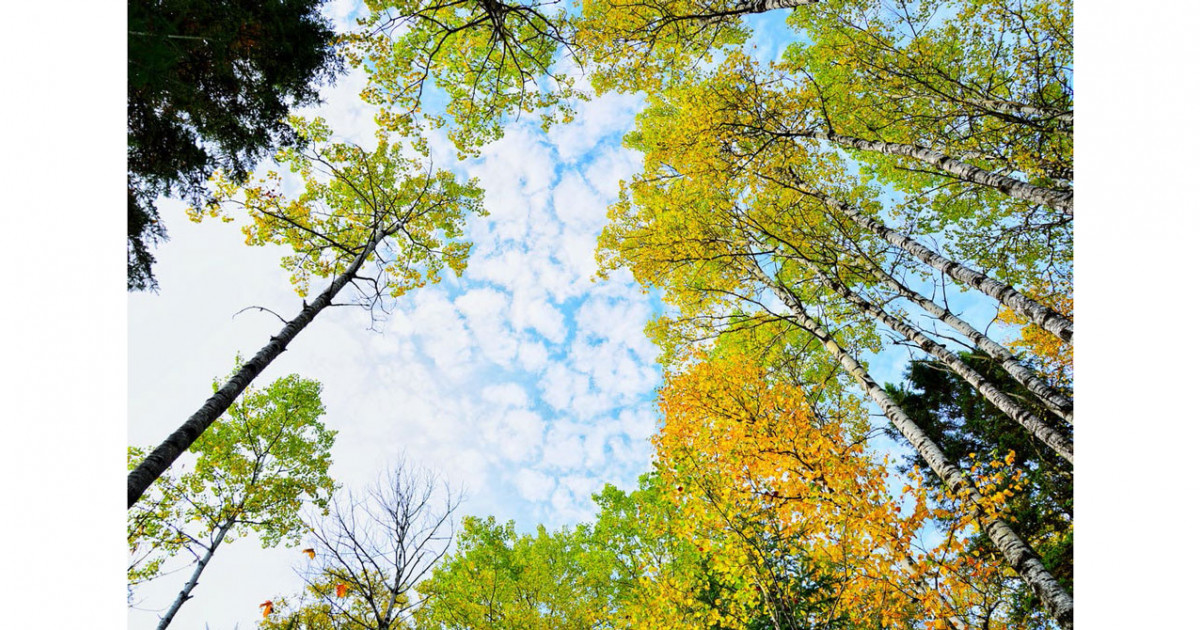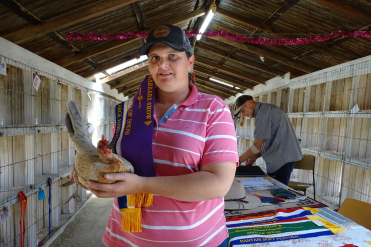In one of the light moments, okay the only light moment, of the second televised political leaders’ debate, Jacinda Ardern and Judith Collins were asked where they would most like to holiday in New Zealand.
Both chose fishing ports.
Jacinda Ardern picked Stewart Island and Judith Collins chose the Chatham Islands.
It is an important reminder that many small towns throughout New Zealand would be much diminished without commercial fishing.
Oysters were first harvested for sale off the coast of Stewart Island in the 1860s and the waters of Foveaux Strait still produce the plump and juicy morsels every year between March and August. Ms Ardern might like to take a boat ride with our fishermen to Big Glory Bay where salmon has been farmed since the 1970s. The waters surrounding the island, which average 14 degrees, produce premium blue cod, paua and rock lobster for domestic and export markets. Blue cod has been commercially caught here since 1865. Wild catch and aquaculture are the backbone of the Stewart Island economy and a major employer.
Likewise, on the Chatham Islands.
This remote scattering of islands, 800 kilometres due east of New Zealand would likely be mostly uninhabited if it wasn’t for commercial fishing. First inhabited by the Moriori and soon after by sealers and whalers, it is founded on fishing, which still accounts for 70 percent of the employment.
The paua beds, rock lobster and blue cod are legendary. We encourage Ms Collins to chat to Mayor Monique Croon or her sister Toni Croon who runs the Chatham Island pub – and have a feed of blue cod and chips while she does. The Leader of the Opposition might like to take a dusty double cab ride to the north eastern tip of the island to the fishing village of Kaingaroa. Black Nick will drive you. He will even stop the ute while you watch dozens of wild horses galloping on the pure white sand beaches. The waters are so clear and so brightly turquoise at Kaingaroa you can see the rock lobster below.
Ms Collins might like to take a dive with our commercial paua divers, the only commercial divers permitted to use tanks. There’s a reason for that. This is Great White central and sometimes the only way to survive a shark encounter is to stay on the ocean floor. No? It certainly doesn’t deter the island’s kids who leap off Waitangi wharf all summer and bat seven-gillers away.
Of course, Stewart Island and the Chatham Islands are not the only small towns in New Zealand that would wither without commercial fishing’s contribution to regional economic growth and employment.
Bluff, Northland, Gisborne, Greymouth, Marlborough, and let’s not forget Australasia’s biggest fishing port, Nelson, where its Mayor, Rachel Reece is one of the few politicians who openly and stridently champions the industry because she knows it is the backbone of her economy. Not just direct fishing jobs, but processing, ship builders, net makers, marine engineering companies and electronics businesses.
So, this a not-so-subtle reminder to our politicians who like to holiday at home that much of coastal New Zealand was established on fishing, many of our communities still rely on it, and have done since the whalers and sealers first set foot on New Zealand in the early 1800s.
And Maori long before that. So many Maori myths reference the close association of Maori and fishing; Maui fishing up Te ika o Maui (New Zealand) and Kupe discovering New Zealand while in pursuit of a fish. Te Papa say archaeological sites in Otago date Maori fishing camps at AD 1300.
Decisions made to affect the industry should be thought through carefully. They should be made based on science, not ideology.
These are real communities, real jobs and real people.
We look forward to you meeting some on your travels.






